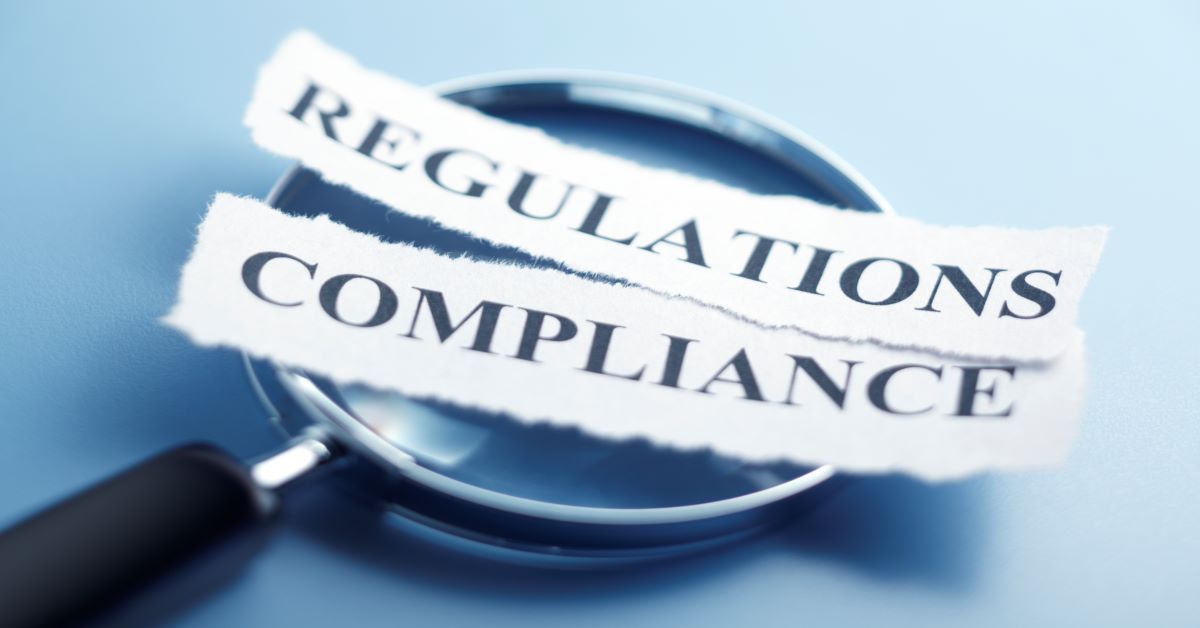
19 Jul EVV Delay
CMS Offers Delay of EVV Implementation for up to One Year
Following a lengthy period of uncertainty amidst numerous requests for clarifications and official rules, CMS (The Centers for Medicare & Medicaid Services) has finally issued regulatory guidance on a provision which will allow states to postpone implementation of mandated EVV (Electronic Visit Verification) for a period of up to one year.
For perspective, The 21st Century Cures Act initially mandated that all states were to implement and approved Electronic Visit Verification solutions for all to be utilized in all Medicaid personal care services by January first 2019. The law now has been amended with a written provision which allows states to delay that implementation EVV for up to one year, so long as they have demonstrated that a reasonable effort at compliance has been made, and that in their efforts to comply, the burden of the implementation was inhibited by delays that have proven difficult or impossible to overcome.
Request free information on Home Health software with EVV
In contrast, if a state fails to meet the implementation deadline and cannot adequately demonstrate that good faith effort was made in doing so, any state found guilty of such, could be subjected to FMAP (Federal Medical Assistance Percentage) reductions. Additionally, any providers operating within states that do not expect to meet the deadline, can contact their respective state officials to request a delay in the order as another path to dodging the possible FMAP sanctions.
The outline for what is considered a “Good faith exemption” to the mandated EVV requirements contained within the 21st Century Cures act has also been laid out. Here are some helpful guidelines:
- All requests for exemptions to the mandate based on implementation hardship or other difficulties should be submitted in writing for review between the first of July 2018, and November 30th
- The request should include:
- A list of actions the state has already executed to meet the EVV requirements outlined in section 12006(a) of the Cures act
- A list of what delays and barriers to successful and timely implementation took place to prevent compliance (a list of what constitutes an unavoidable delay or inhibitor to implementation can be attained by sending an email request to EVV@cms.hhs.gov or by contacting via phone your respective CMS regional offices.
- Include a written description of the state stakeholder engagement process
- The state may include its request in a letter addressed to Ralph Lollar, Director of the Division of Long-Term Services and Supports, and signed by the State Medicaid Director, or in an email sent from or including the State Medicaid Director. You may send requests to their offical EVV mailbox at EVV@cms.hhs.gov using the subject line “[State Name] EVV Good Faith Effort Exemption Request.” The EVV mailbox will automatically acknowledge receipt of the letter. Only one request per state should be submitted.
- Within 30 days of receipt of the state’s request the CMS EVV mailbox will send a letter attached within an official email, signed by the Director of the Division of Long-Term Services and Supports, which will confirm if the state’s request has been approved or denied. If the state’s request is not approvable, CMS will inform the state of the reason(s) the request was not approved and will offer to schedule a conference call with the state. The state will then have the opportunity to revise and resubmit its request.
While the good faith exemption is intended to provide relief, set aside undo burden, and allow states a chance to successfully comply with the mandate, note that the Cures Act provision DOES NOT provide CMS with the authority to further delay the FMAP reductions for any more than one year.
For more information on this topic or on Home Health Software technology, email us at Info@Alorahealth.com
The Alora Home Health Blog
Read the Alora blog to learn more about Home Care Software, finding EVV software vendors, recent news, as well as other issues that pertain to Homecare in the U.S and beyond. For more information on our blog, or for questions or feedback, please send us an email to HomeHealthSoftware@AloraHealth.com.

No Comments